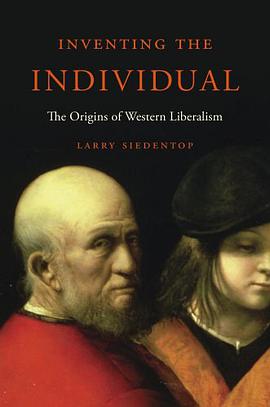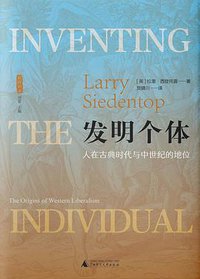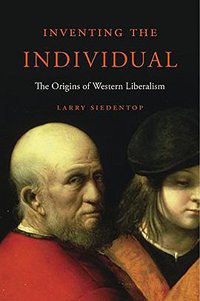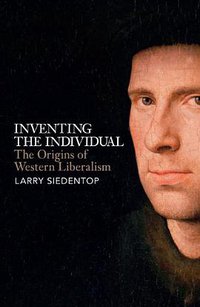Inventing the Individual
Douban
The Origins of Western Liberalism
Larry Siedentop
visão geral
Here, in a grand narrative spanning 1,800 years of European history, a distinguished political philosopher firmly rejects Western liberalism’s usual account of itself: its emergence in opposition to religion in the early modern era. Larry Siedentop argues instead that liberal thought is, in its underlying assumptions, the offspring of the Church. Beginning with a moral revolution in the first centuries CE, when notions about equality and human agency were first formulated by St. Paul, Siedentop follows these concepts in Christianity from Augustine to the philosophers and canon lawyers of the fourteenth and early fifteenth centuries, and ends with their reemergence in secularism—another of Christianity’s gifts to the West.
Inventing the Individual tells how a new, equal social role, the individual, arose and gradually displaced the claims of family, tribe, and caste as the basis of social organization. Asking us to rethink the evolution of ideas on which Western societies and government are built, Siedentop contends that the core of what is now the West’s system of beliefs emerged earlier than we commonly think. The roots of liberalism—belief in individual freedom, in the fundamental moral equality of individuals, in a legal system based on equality, and in a representative form of government befitting a society of free people—all these were pioneered by Christian thinkers of the Middle Ages who drew on the moral revolution carried out by the early Church. These philosophers and canon lawyers, not the Renaissance humanists, laid the foundation for liberal democracy in the West.
contents
Prologue: What is the West About?
The World of Antiquity
1. The Ancient Family
2. The Ancient City
3. The Ancient Cosmos
A Moral Revolution
4. The World Turned Upside Down: Paul
5. The Truth Within: Moral Equality
6. Heroism Redefined
7. A New Form of Association: Monasticism
8. The Weakness of the Will: Augustine
Towards the Idea of Fundamental Law
9. Shaping New Attitudes and Habits
10. Distinguishing Spiritual from Temporal Power
11. Barbarian Codes, Roman Law and Christian Intuitions
12. The Carolingian Compromise
Europe Acquires its Identity
13. Why Feudalism did not Recreate Ancient Slavery
14. Fostering the ‘Peace of God’
15. The Papal Revolution: A Constitution for Europe?
16. Natural Law and Natural Rights
A New Model of Government
17. Centralization and the New Sense of Justice
18. The Democratizing of Reason
19. Steps towards the Creation of Nation-States
20. Urban Insurrections
The Birth Pangs of Modern Liberty
21. Popular Aspirations and the Friars
22. The Defence of Egalitarian Moral Intuitions
23. God’s Freedom and Human Freedom Joined: Ockham
24. Struggling for Representative Government in the Church
25. Dispensing with the Renaissance
Epilogue: Christianity and Secularism
Select Bibliography and Endnotes
Index


